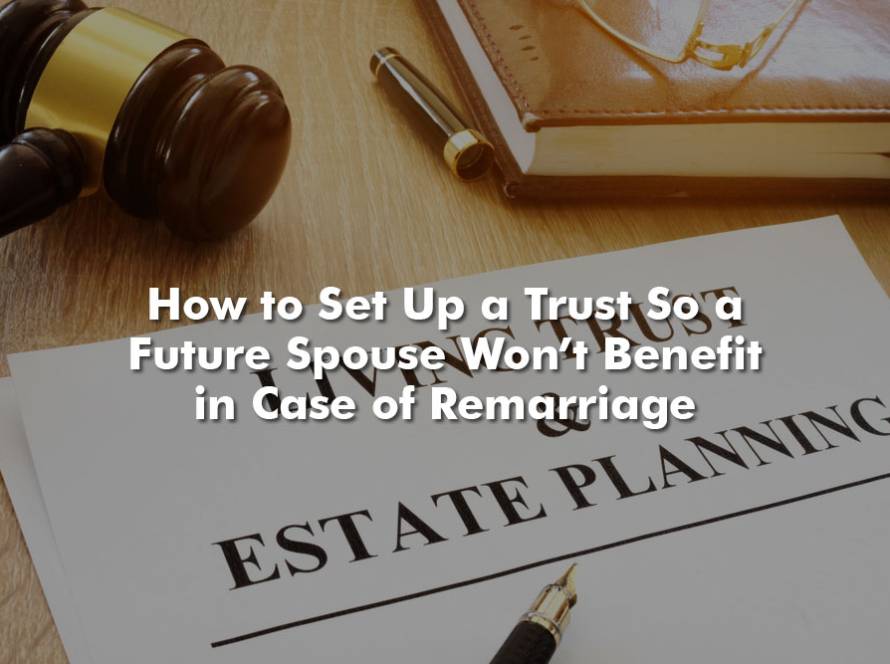Owning real estate is one of the most significant achievements in life—whether it’s your home, a rental property, or a vacation getaway. However, with ownership comes risk. From personal injury claims on your property to creditor actions and probate disputes, your real estate assets are vulnerable without proper protection.
Understanding real property liability is essential for anyone who owns land or buildings in California. Whether you’re a first-time homeowner or a seasoned investor, knowing how to safeguard your property is the first step toward preserving your legacy and ensuring peace of mind.
What Is Real Property Liability?
Real property liability refers to the legal responsibility that comes with owning real estate. This can include:
- Personal injury liability (e.g., someone slips and falls on your property)
- Premises liability (e.g., unsafe conditions, negligent security)
- Environmental liability (e.g., hazardous waste or pollution)
- Creditor claims (e.g., lawsuits, debts, or judgments)
- Estate claims (e.g., disputes during probate or after death)
Without proper planning, these liabilities can lead to lawsuits, fines, or even the forced sale of your property.
Common Risks That Threaten Property Owners
Even if you maintain your property well, unexpected risks can still arise. Here are a few of the most common threats:
1. Personal Injury Lawsuits
Property owners are legally responsible for maintaining a safe environment. If a guest, tenant, or trespasser is injured due to unsafe conditions (like loose stairs or wet floors), you could be held financially liable—even if the incident wasn’t intentional.
2. Rental Property Exposure
If you rent out a home or unit, you’re opening yourself up to additional liability. Tenants may file claims related to unsafe housing, mold, broken appliances, or security failures.
3. Probate and Estate Disputes
When a property owner dies without a proper estate plan, their property may go through probate. This process is time-consuming, expensive, and opens the door for family disputes or creditor claims.
4. Divorce or Business Litigation
In divorce proceedings or lawsuits involving your business, real property can be seized or split—especially if there’s no legal protection in place to keep it separate from personal assets.
5. Tax and Government Liens
Unpaid property taxes or legal judgments can result in liens that encumber your real estate, making it difficult to sell, refinance, or pass on to heirs.
Tools and Strategies to Safeguard Your Property
Proactively protecting your real estate assets involves more than just good maintenance or buying insurance. Legal and financial tools available through estate planning offer lasting protection.
1. Establishing a Revocable Living Trust
Placing your real estate into a revocable living trust ensures that it avoids probate upon your death. It gives you full control while you’re alive and allows the property to pass smoothly to your heirs. This not only saves time and legal fees but also shields the property from public scrutiny.
2. Creating an LLC for Rental Properties
For investment or rental properties, consider creating a Limited Liability Company (LLC) to hold the title. This separates your personal assets from business liabilities. If a tenant or visitor sues, only the assets within the LLC are at risk—not your primary residence or personal savings.
3. Using Asset Protection Trusts
An Irrevocable Trust or Domestic Asset Protection Trust (DAPT) can shield real estate from creditors and lawsuits. While more complex and less flexible than revocable trusts, these options offer strong protection for high-net-worth individuals or those in litigation-prone professions.
4. Homestead Exemption in California
California’s homestead exemption protects a portion of your primary residence’s value from unsecured creditor claims and bankruptcy. The exemption amount depends on your location and household status, but it can protect up to hundreds of thousands of dollars in equity.
5. Liability Insurance and Umbrella Policies
While legal structures are crucial, don’t underestimate the value of comprehensive insurance. Homeowners’ policies, landlord insurance, and umbrella coverage can shield you from the financial blow of personal injury claims and property damage lawsuits.
6. Proper Titling and Co-Ownership Arrangements
How your property is titled matters. For example:
- Joint Tenancy with Right of Survivorship allows the property to pass directly to the co-owner without probate.
- Tenancy in Common allows each owner to leave their share to different heirs, which can trigger disputes if not planned properly.
- Community Property with Right of Survivorship (for married couples in California) offers both probate avoidance and tax advantages.
A well-thought-out titling strategy is a simple but powerful way to align ownership with your goals and minimize conflict.
Why Waiting Can Cost You
The legal tools to protect your real estate are only effective when implemented before trouble arises. Once a lawsuit is filed, or a creditor comes calling, it’s often too late to move assets without the court seeing it as fraudulent conveyance.
Waiting can also:
- Lead to costly probate for your family
- Increase estate tax exposure
- Create ambiguity that causes family conflict
- Put your entire portfolio at risk in a lawsuit
If you own multiple properties, run a business, or are entering retirement, asset protection should be a core part of your estate plan.
How we can help
At Allenby Law, we simplify estate planning by providing smart, strategic solutions tailored to your life and real estate goals. Whether you’re a homeowner, landlord, or investor, we’ll help you protect what you’ve built—from your family home to your entire property portfolio.
Our team can guide you through:
- Creating trusts that shield your assets from probate and creditors
- Structuring LLCs for rental or business properties
- Ensuring you take advantage of California’s homestead exemptions
- Coordinating with your insurance providers and financial advisors
- Reviewing and updating existing plans as laws and your life evolve
Don’t leave your property exposed to legal risk. Let us help you build a solid estate plan that gives you peace of mind today—and a lasting legacy tomorrow.
Contact Allenby Law to schedule a consultation and take the first step toward protecting your real estate the smart way.



